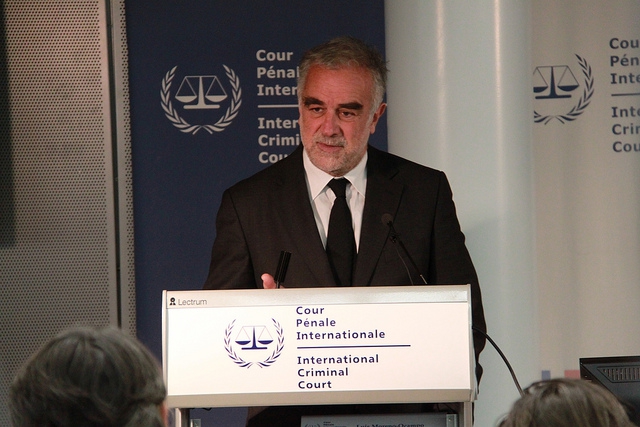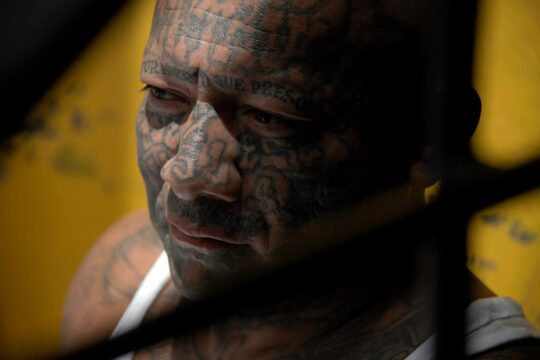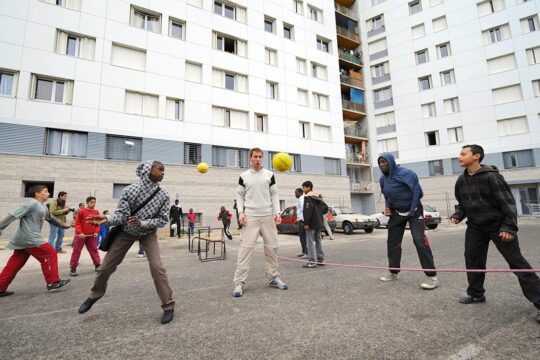The International Criminal Court is rocked by a huge scandal implicating its first Prosecutor, Luis Moreno Ocampo, while the Central African Republic pursues its difficult quest for justice and the suffering continues of Burundi’s people, being used as a rampart by a regime that sees threats everywhere.
Eight international media, members of the European Investigative Collaboration (EIC), have conducted a six-month investigation into the secrets of the International Criminal Court (ICC) which makes serious allegations against its first Prosecutor, Luis Moreno Ocampo. As JusticeInfo editorial advisor Pierre Hazan writes, the investigation found that “in 2011 the International Criminal Court asked for Côte d’Ivoire’s ex-president Laurent Gbagbo to be kept in detention”, even though at the time there was no arrest warrant and the ICC had not been seized of the case.
That is not all. The investigation tells how ex-Prosecutor Ocampo, after issuing an arrest warrant for Kenya’s current president Uhuru Kenyatta, worked behind the scenes to have the case against him dropped. “Even though he had left the ICC a year earlier, Ocampo was working secretly on a strategy that would enable dropping of the procedures that he himself had launched against Kenyatta!” writes Hazan. And we know what followed: the whole Kenyan case before the ICC gradually collapsed like a house of cards.
This enormous scandal has hit a Court that is supposed to be a model in the fight against impunity. The ICC is supposed to inspire the work of mixed tribunals like the Special Criminal Court (SCC) created in 2015 within the justice system of the Central African Republic (CAR). The SCC, whose rules of procedure and evidence were debated early in the week in Bangui, has a mandate to investigate, prosecute and try serious violations of human rights and international humanitarian law committed in the CAR since January 1, 2003.
Burundi’s beleaguered people
Meanwhile, still on the African continent, serious human rights violations are continuing in Burundi. “Since late 2015, the International Criminal Court has regularly been receiving information from various sources – countries, organizations, witnesses inside and outside Burundi – documenting fairly extensively the abuses and crimes committed in the country,” said French sociologist and Great Lakes expert André Guichaoua in an interview with JusticeInfo. “But, as we all know, the ICC’s commitments vary according to the will and interests of States, which are all very attached to defending their sovereignty.”
Believing they are threatened from the outside, hardliners in Burundian President Pierre Nkurunziza’s regime are pressurizing the impoverished population to “demonstrate in its favour and submit to austerity measures, as well as the many levies to the State and the CNDD-FDD party”, says Guichaoua. .
Finally, JusticeInfo’s correspondent in Bamako, Issa Fakaka Sissoko, looks at recent Jihadist attacks on Christian places of worship in central Mali. He tells, for example, how armed men forced the door of the church in Dobara, some 800 km from Bamako, seized a crucifix, a statute of the Virgin Mary and altar cloths, and burned them outside in broad daylight.






